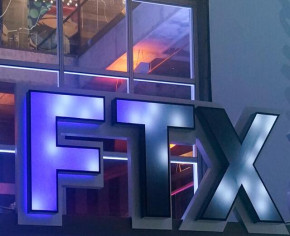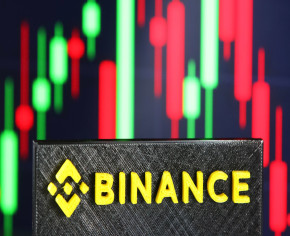
Crypto Rules Get Final Approval to Make Europe a Global Leader on Regulation
European Union states have given final approval to a sweeping set of beefed-up cryptocurrency rules, giving the 27-nation bloc a global lead in regulating the freewheeling sector
LONDON (AP) — The European Union's sweeping set of beefed-up cryptocurrency rules got final approval from member states Tuesday, giving the 27-nation bloc a global lead in regulating the freewheeling sector.
The European Council adopted the package of rules — known as Markets in Crypto Assets, or MiCA — in the final step of the bloc's legislative process. European Parliament lawmakers endorsed the rules in April, and they're expected to start taking effect in phases starting in July 2024.
The tighter European scrutiny follows a spate of high profile crypto scandals including the collapse of trading firm FTX and the implosion of the TerraUSD stablecoin.
The rules are aimed at improving transparency and combating money laundering and will cover stablecoins — which are usually tied to a hard currency or a commodity like gold that make them less volatile than normal cryptocurrencies.
Other digital tokens as well as bitcoin-related services such as trading platforms and digital wallets are also subject to the rules, but not bitcoin itself.







